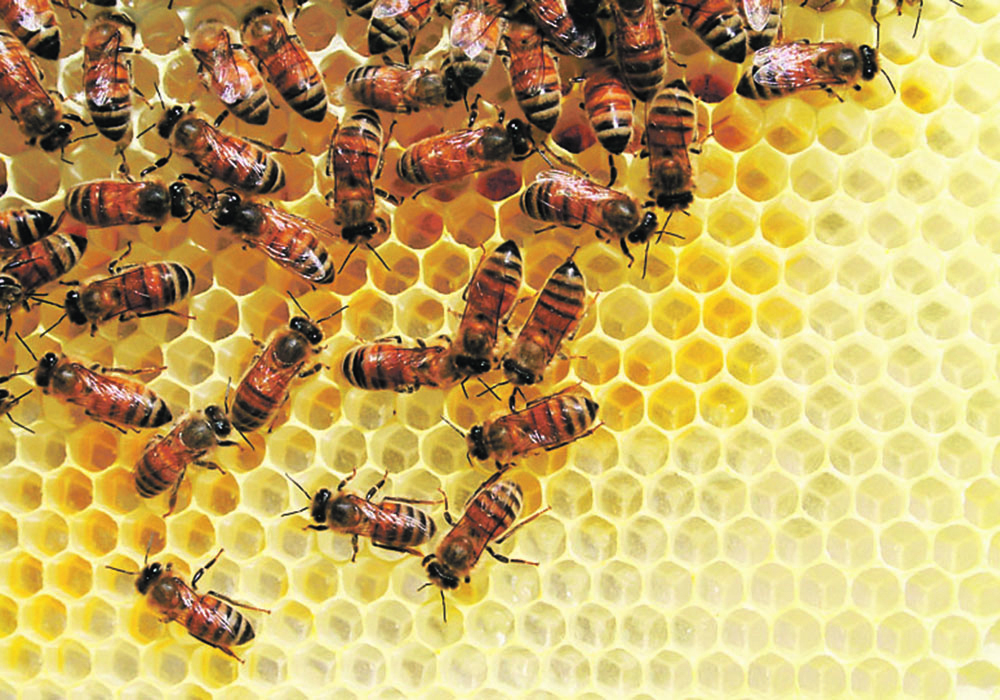Another poor honey crop is expected this year across Western Canada, helping to maintain high prices for the product as Alberta’s beekeepers slowly recover from heavy losses caused by varroa mites, says an industry leader.
More than half of the province’s honeybee colonies died on average last winter, said Lorne Prins, vice-president of the Alberta Beekeepers Commission.
“In order to recover from that, you have to split your surviving colonies, so even though we did have some reasonable honey-producing weather this summer, the colony strength on average was just not strong enough to capitalize.”
Read Also

August rain welcome, but offered limited relief
Increased precipitation in August aids farmers prior to harvest in southern prairies of Canada.
Although some operations avoided the high bee losses and will likely experience an average production year, “I don’t think that’s the norm,” he said.
Alberta is the source of nearly half of Canada’s honey production. Some beekeepers faced losses as high as 90 or even 100 percent of their colonies due to varroa mites, said Prins.
“I’m aware of several operations that decided that it was time to retire, or they just sold their remaining equipment. There are other operations that are simply just operating at a fraction of the size they have in the past, so there’s a lot of different situations out there.”
If there is any silver lining, it is that the death of the colonies also killed the mites, said Prins.
“We’re not seeing even a fraction of the mites that we would have seen last year.”
Alberta will likely have about 270,000 colonies registered by the end of the season, which marks a decline of up to 50,000 colonies compared to a typical year, he said.
As a beekeeper who operates Gull Lake Honey Co. near Lacombe, Alta., Prins obtained packaged bees from Australia and New Zealand to replace much of his stock, as well as small nucleus colonies from British Columbia.
However, many producers were stymied by the inability of such markets to supply enough bees to meet demand. This was worsened by shipping problems caused by the COVID-19 pandemic, he said.
Gull Lake Honey Co. spent an “enormous amount of money on replacement stock,” Prins said. “And it seems like all of our operating costs have gone up, and yeah, it’s not going to be the big profit year we were hoping for, but the price of honey is very strong.”
















